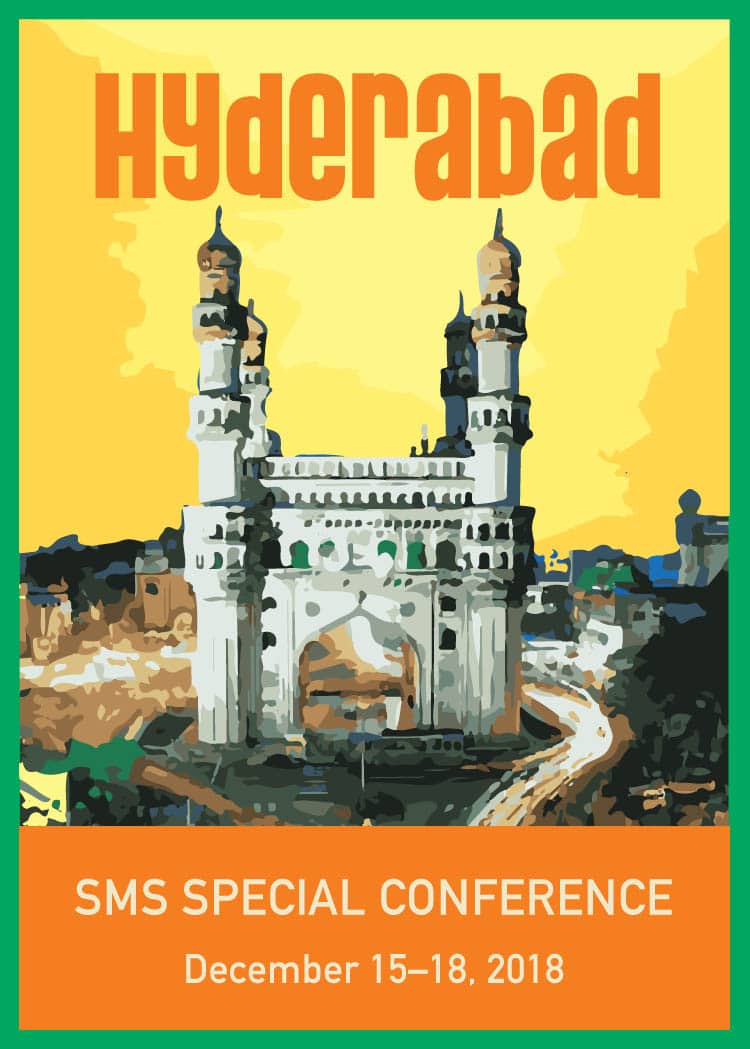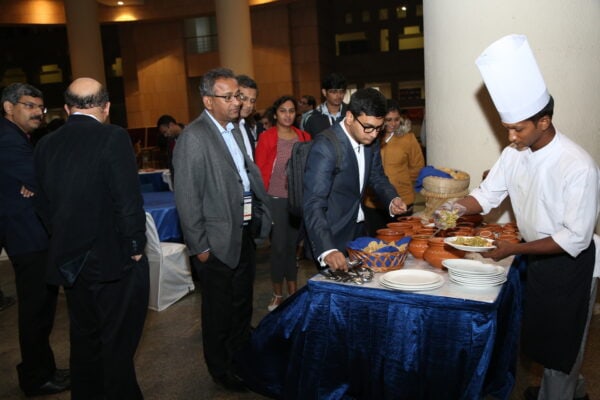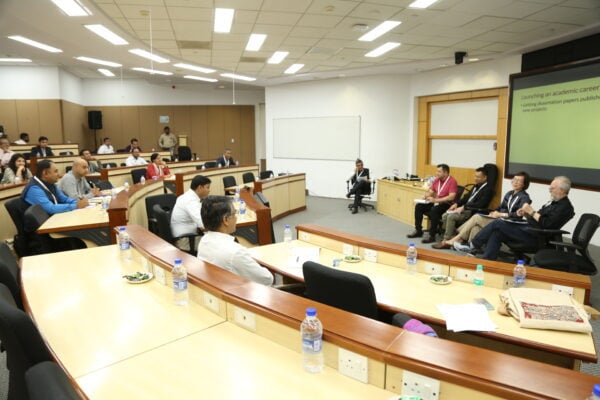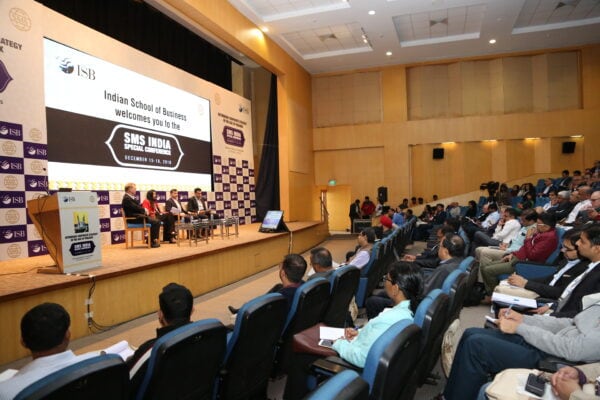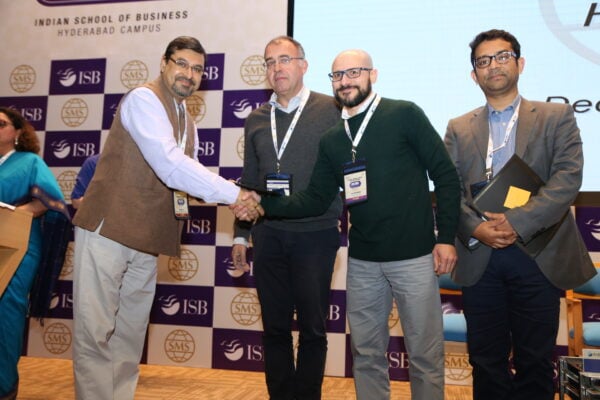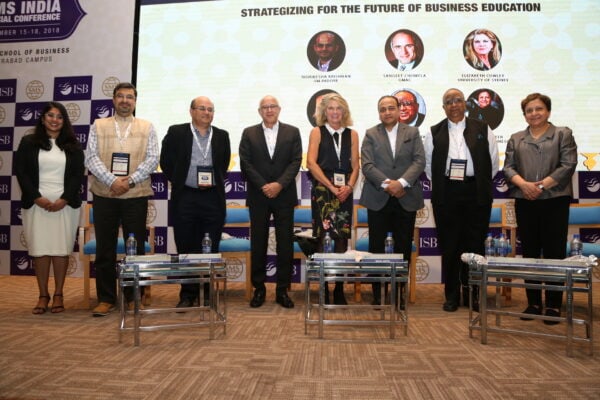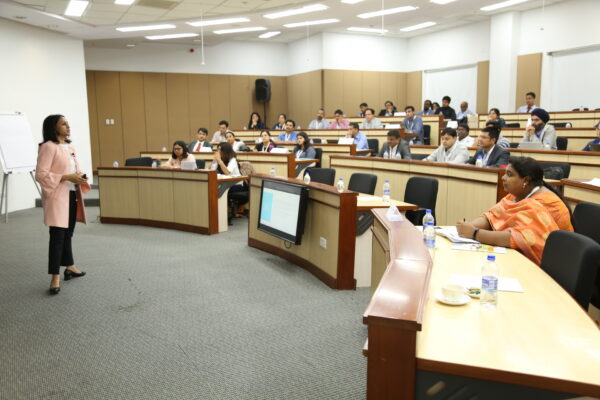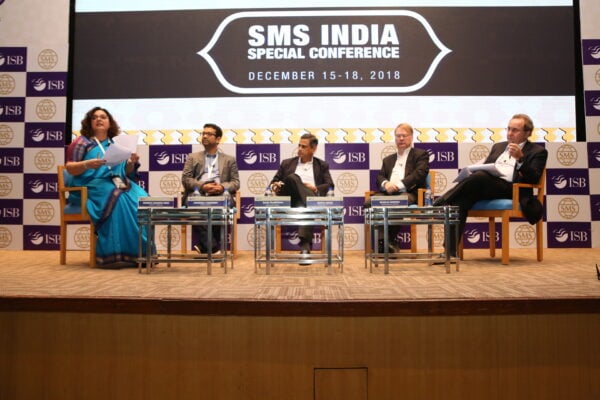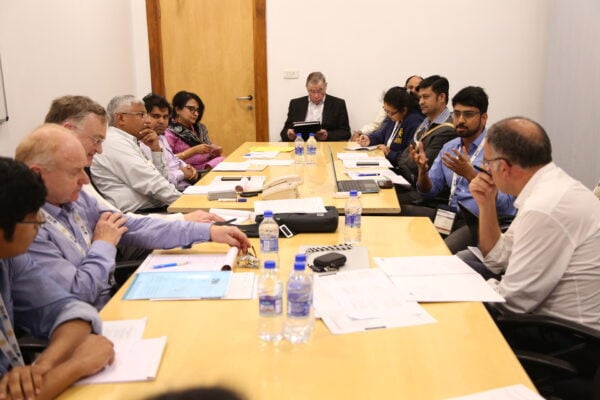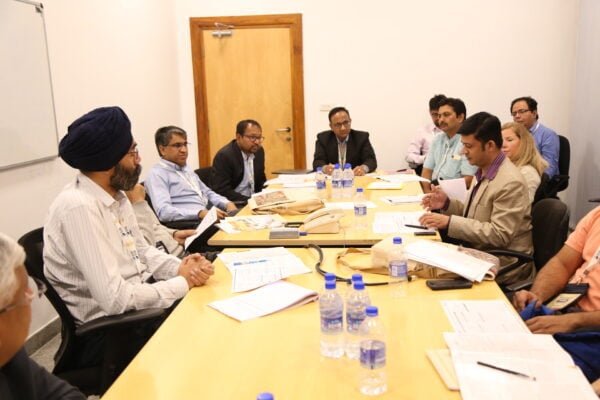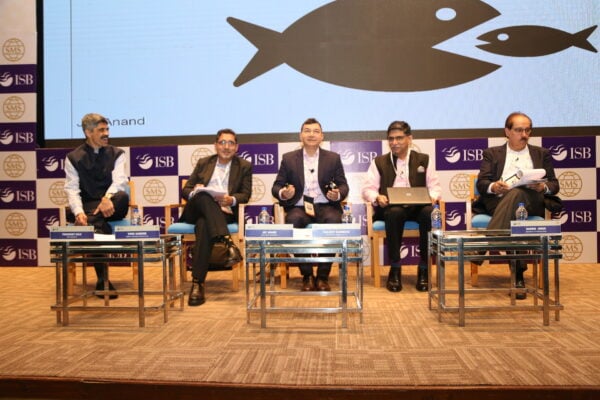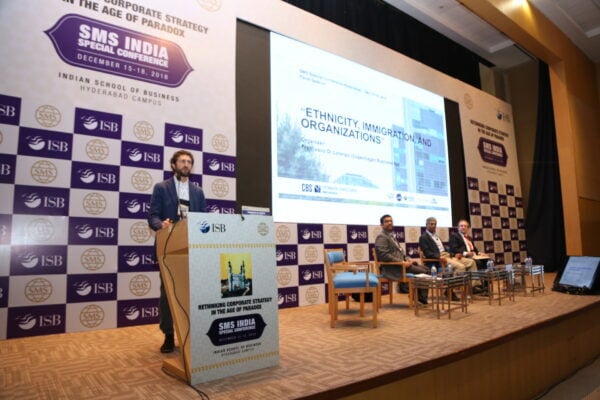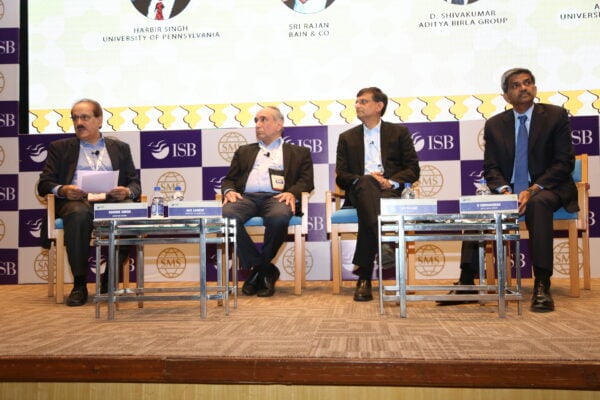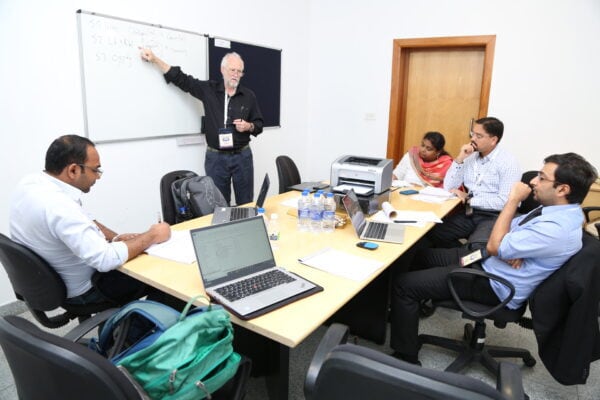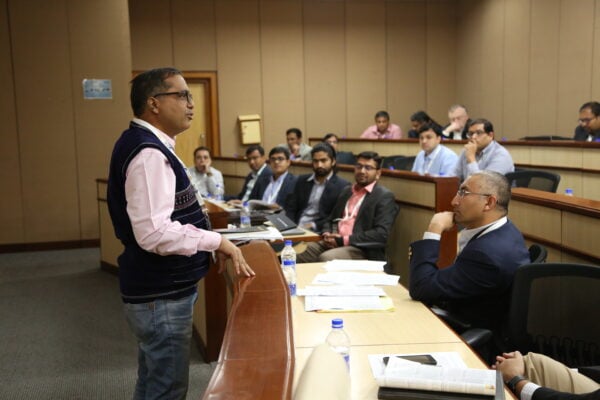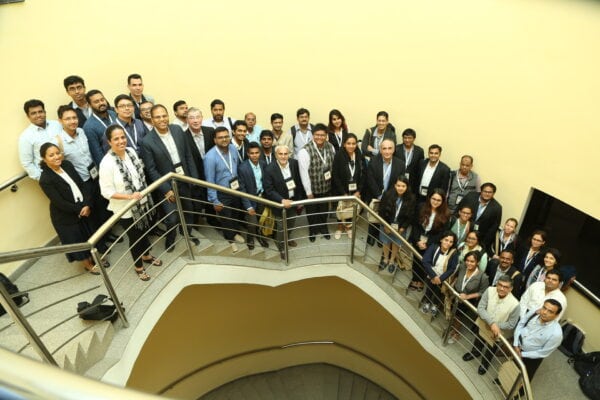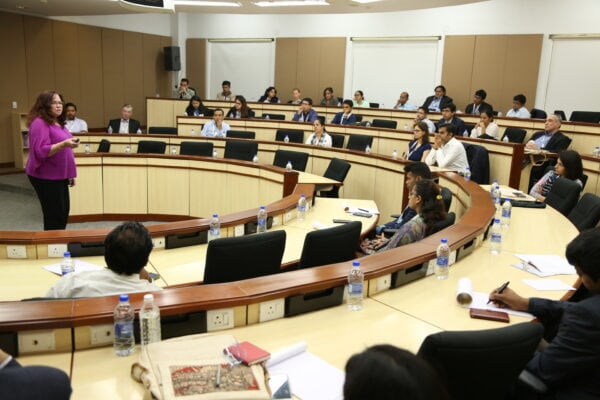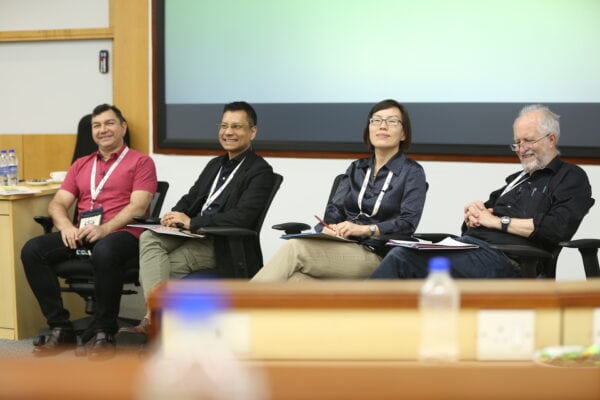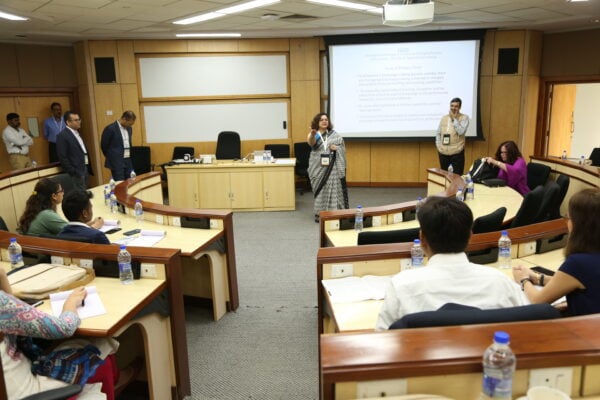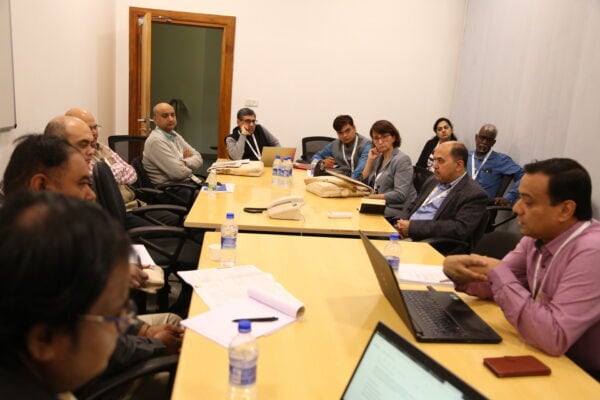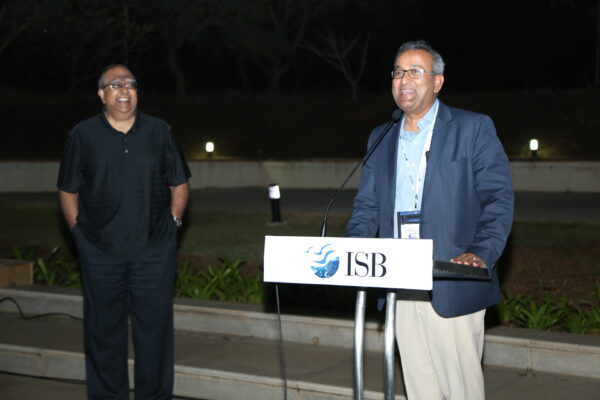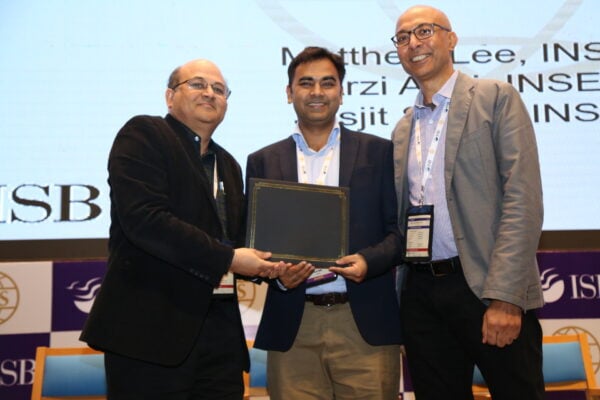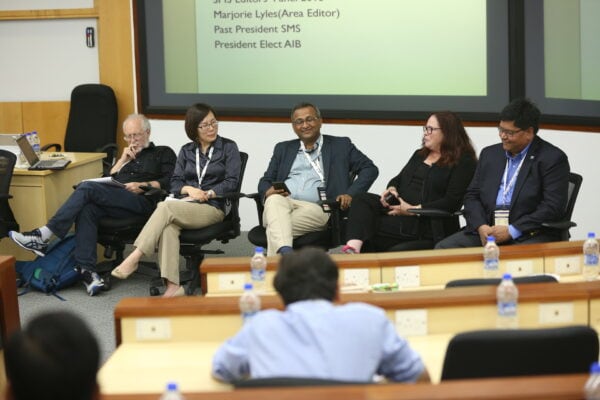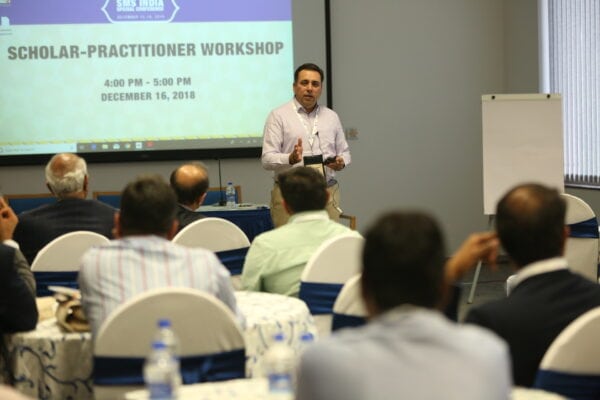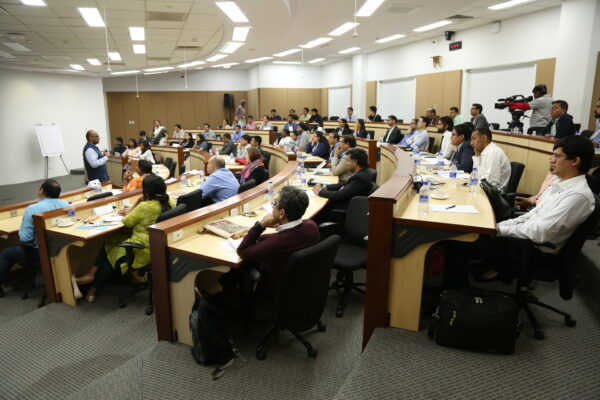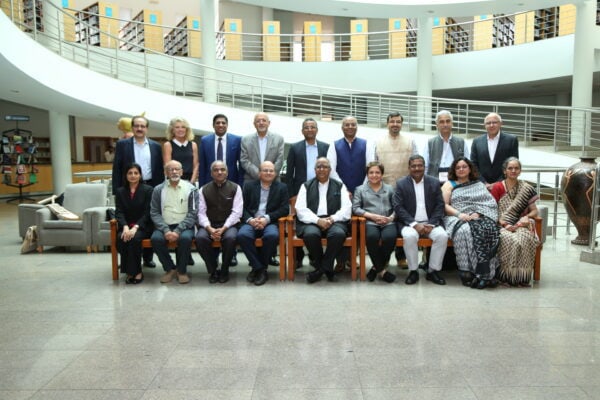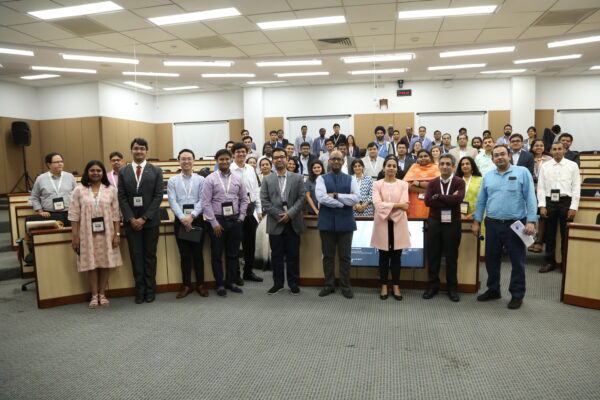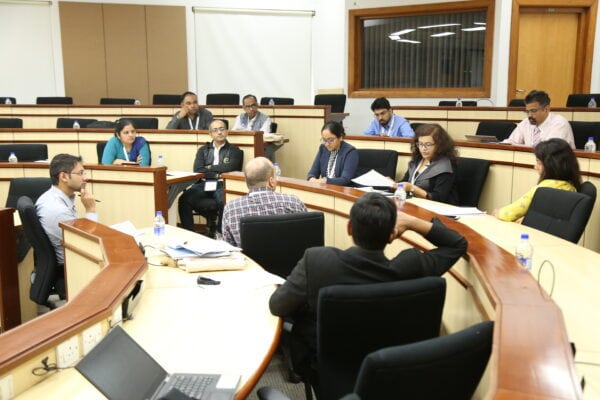Rethinking Corporate Strategy in the Age of Paradox
The world around us is changing in startling ways. We have, arguably, entered an age of paradox – an age of simultaneous, interdependent, and persistent contradictions. Digital disruption and societal turbulence across the globe are putting phenomenal pressure on corporations, and existing paradigms in corporate strategy seems insufficient to provide guidance in these turbulent times. Strategic management, as a field, may have a golden opportunity to reinvent itself.
While the digital disruption in the new economy is well acknowledged, the irony of its interdependencies with the old economy is not so obvious. Amazon is replacing Walmart as a retail leader, and Tesla is emerging as an automotive leader outpacing industry veterans. Yet, Amazon’s biggest acquisition ever is not an avant-garde digital enterprise, but the brick and mortar premium grocery chain, Whole Foods. Tesla’s promise of clean electric cars is, rather worryingly, dependent on the steady supply of cobalt from the conflict-haunted Republic of Congo. The onset of machine learning and artificial intelligence is driving up the stock value of a few companies, while putting large swathes of middle-class jobs at risk and dismantling the taken-for-granted corporate hierarchies across the world.
Globalization too, in recent years has been through its ups and downs. We live in a time when professional classes of the world’s great cities increasingly self-identify themselves as global citizens. The sharing economy, characterized by new age ventures like Airbnb, makes it effortless for us to relax in the homes of strangers in a foreign city. Yet, paradoxically, countries that have been the torchbearers of globalization for decades are showing signs of fatigue. The fading openness is of particular shock to firms from emerging markets, which have been gearing up to enter the global economy, as they suddenly find themselves stalled by a growing sentiment of de-globalization.
The age of paradox, is threatening the very edifice of the contemporary world of business, developed and nurtured over the past several decades. Engaging effectively in the age of paradox demands thinking deeply about these contradictions rather than suppressing or ignoring them, for the benefit of enterprises, societies, and nations. Do we need to radically rethink the mission, scope, structure and governance of the corporation?
The SMS India Special Conference in Hyderabad is aimed at these vital issues, which can potentially change the contours of business and corporate strategy. By bringing together scholars and practitioners in the field of strategic management from across the globe to India, we hope to seed important conversations that should lead us to new discoveries of ideas and frameworks for building the future of strategy. India itself—churned today by a variety of paradoxes—provides an apt location for these deliberations. The conference provides an opportunity to revisit the legacy of late Professor CK Prahalad, who was instrumental in shaping our thinking on corporate strategy and anticipated the age of paradox in his work. Can corporations anchor their strategies on “core competencies,” in the midst of a rapid erosion of industry boundaries, obsolescence of core competencies, and dramatically shifting customer preferences?
While the conference is open to proposals for paper, panel and common ground sessions on multiple topics employing different theoretical perspectives and methodologies, we are keen to explore the themes and questions articulated under the following six tracks.
CONFERENCE SPONSORS

